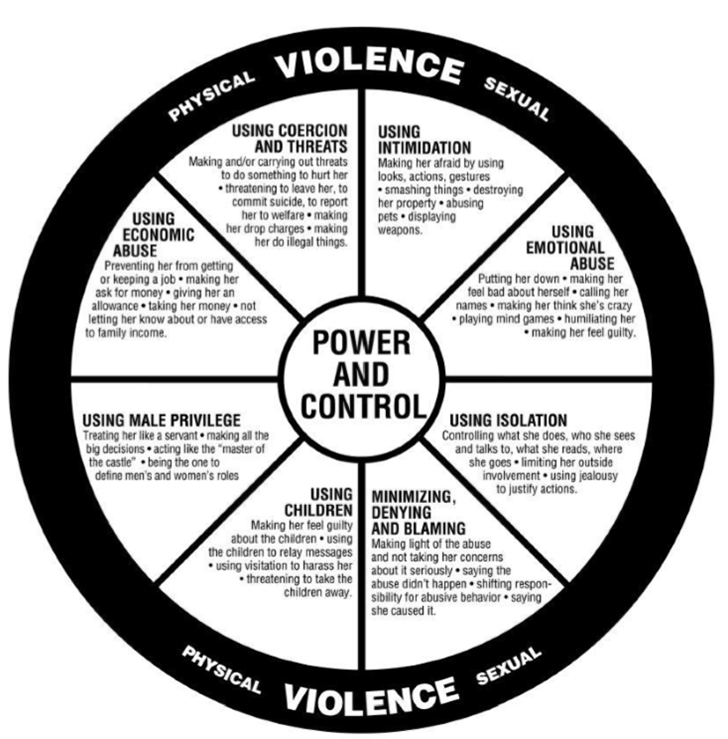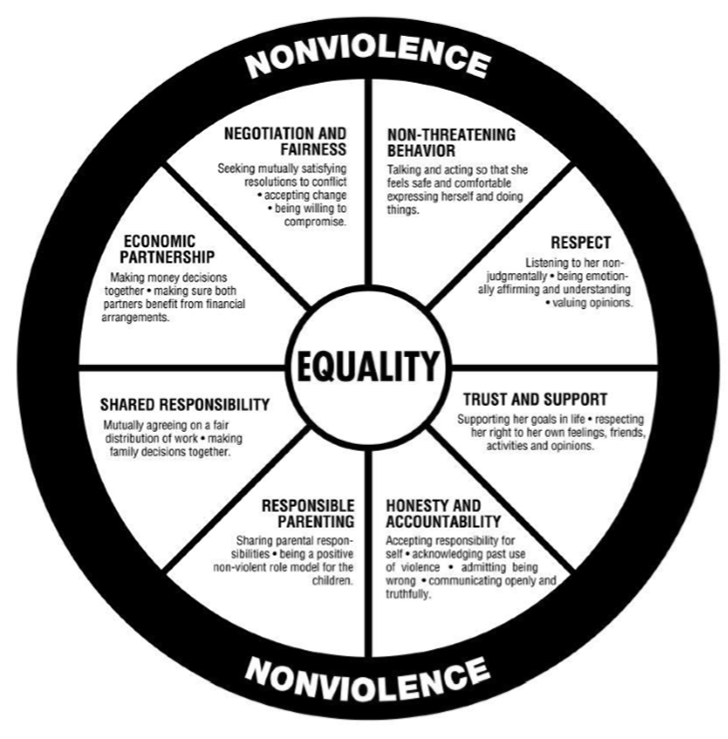Domestic and family violence
Find out how Council is supporting the 16 Days of Activism in the Inner West
Domestic and family violence is violent, abusive or intimidating behaviour by a partner, carer or family member to control, dominate or cause fear.
It doesn’t only mean physical abuse – it can also mean emotional, psychological, financial, sexual and other types of abuse.
It can affect anyone in the community, regardless of gender, sexual identity, race, age, culture, ethnicity, religion, disability, economic status or location.
If you or someone else is in immediate danger, please call triple zero (000).
What is domestic and family violence?
Everyone has the right to feel safe, healthy and happy in their relationships. Domestic violence is when one person in a relationship uses behaviour that is violent, threatening or controlling. This can make you feel afraid, but you don’t deserve to feel this way and it is never your fault.
Domestic violence can come from your partner, ex-partner, a relative or child. There are many different ways domestic violence can happen, and all are serious.
You may feel:
- Like you have no control
- Unsafe
- Anxious or worried
- Isolated
- Confused about what is real and what is not
- On edge’ all the time
- Humiliated
- Pressured
- Low self-esteem
What makes a relationship unhealthy?

What makes a relationship healthy?

Talking to the police
Domestic violence is against the law and there are lots of different ways the police can help keep you safe. One main way is through an Apprehended Domestic Violence Order (ADVO), which is an order made by a court. An ADVO can stop a person going near you, calling you or sending you messages. You can also get an ADVO if you still live with a person, and it will say things like they cannot hurt you, yell at you or take your money. If you have children, the ADVO can include them too.
How to speak to the police if it is not an emergency
Ask to speak with the Domestic Violence Liaison Officer (DVLO) at your local police station.
These are people who are specially trained to deal with domestic and family violence. DVLOs can give you information about safety and your legal rights.
They can also help you make decisions about getting an ADVO or going to court.
Local police stations
- Leichhardt: 9552 8099
- Newtown: 9550 8199
- Ashfield: 9797 4099
- Marrickville: 9568 9299
Where to seek support?
What work is Inner West Council currently doing?
Inner West Council is working in partnership with local community groups, organisations, networks and key national associations to address domestic and family violence.
A collaborative and multi-faceted approach is needed to address domestic and family violence. Thus, this can only be achieved by working with the community and guided by an evidence-informed approach. These approaches include: